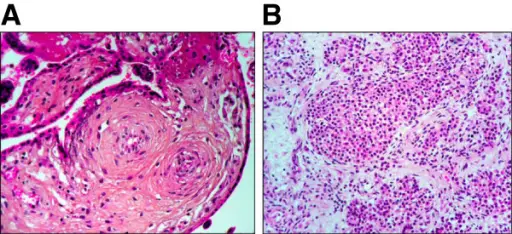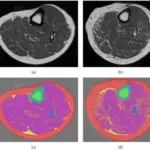Diabetes due to Insulin receptor defects is an anomaly of the insulin receptors (INSR) most likely due to gene mutation leading to insulin resistance, consequently leading to diabetes.
What is the Pathology of Diabetes due to Insulin Receptor Defects?
The pathology of diabetes due to insulin receptor defects is:
-Etiology: The cause of diabetes due to insulin receptor defects is believed to be a mutation of INSR gene.
-Genes involved: INSR gene.
-Pathogenesis: The sequence of events that lead to diabetes due to insulin receptor defects not clearly understood.
-Morphology: None.
-Histology: None relevent.
How does Diabetes due to Insulin Receptor Defects Present?
Patients with diabetes due to insulin receptor defects are typically more common in males than females present at an age range of 20 to 40 years. The symptoms, features, and clinical findings associated with diabetes due to insulin receptor defects include that insulin resistance: hypertension, symptoms of coronary artery disease, obesity, microvascular angina, severe hyperinsulinemia.
How is Diabetes due to Insulin Receptor Defects Diagnosed?
Diabetes due to insulin receptor defects is diagnosed through laboratory studies which include plasma glucose level, glycohemoglobin levels, lipid profile, electrolyte levels, plasminogen activator inhibitor (PAI)-1, and urinalysis.
Diabetes due to insulin receptor defects is treated through medical therapy- metformin, thiazolidinediones diet modification.
What is the Prognosis of Diabetes due to Insulin Receptor Defects?
The prognosis of diabetes due to insulin receptor defects is fair despite modern modalities treatment, mortality and morbidity rates are still significant.



